Our work is guided by national priorities and involves leading researchers, healthcare professionals, and individuals impacted by these diseases. By finding solutions based on evidence and actively listening to those affected, we aim to lessen the burden of occupational lung disease. Ultimately, our goal is to create safer, healthier workplaces for everyone in Australia.
You can learn more about our work on occupational lung disease research and how we set priorities with partners below.
Our approach
To identify the most crucial research areas in occupational lung disease, we use a structured method known as a Priority Setting Partnership. This approach is adapted from the James Lind Alliance. This method ensures that individuals living with lung diseases and healthcare professionals collaborate. Together, they help us pinpoint unanswered questions and agree on the most important research for the future.
We’ve conducted similar work previously with the Centre for Research Excellence in Pulmonary Fibrosis. Our findings have been published, peer-reviewed, and are available for organisations and governments worldwide to help plan their research efforts.
Our research plan, approved by the Department of Health, Disability and Ageing, focuses on:
- Silicosis (2023)
- Occupational lung cancer (2024)
- Occupational COPD (2025).
The Occupational Lung Disease (OLD) Research Network helps determine our focus each year.
Understanding the OLD Research Network
The OLD Research Network is a collaborative group of Australian researchers, healthcare professionals, and people affected by occupational lung disease, including their families and carers. It also includes other key organisations.
The network supports its members by:
- Connecting them with new colleagues
- Identifying new research opportunities
- Facilitating learning about both new and existing research
- Enabling joint research projects that will enhance the quality and impact of Australian occupational lung disease research.
Members also work together to agree on the most important research and funding areas for occupational lung disease, which helps to better coordinate Australian research efforts.
The role of the OLD Network Steering Committee
The OLD Network Steering Committee (ONSC) helps set up the wider OLD Research Network. This committee provides expert advice and makes important decisions about:
- The objectives of the OLD Research Network and its Research Forums
- Reviewing research plans to ensure they are scientifically sound and will have a significant impact, including the Priority Setting Partnerships
- Participating in Priority Setting Partnerships to help agree on the top research priorities for funding and to create a more focused national research plan
- Disseminating the agreed research priorities for specific occupational lung diseases.
The ONSC includes a diverse range of Australian healthcare professionals and researchers. This includes respiratory physicians, occupational hygienists, physiotherapists, occupational therapists, epidemiologists and workplace health and safety representatives.
The purpose of Priority Setting Partnerships
The primary goal of these partnerships is to identify the most critical research areas in occupational lung disease, as agreed upon by the OLD Research Network. We anticipate these findings will guide national research efforts and pinpoint key areas for future funding. This will ultimately improve the prevention, detection, management, treatments, and support for individuals living with occupational lung disease.
Each year, we submit a report to the Department of Health, Disability and Ageing detailing the finalised priorities. These reports assist the Department and other research funding bodies in deciding what to fund next.
Why this work matters
The final report of the National Dust Disease Taskforce recommended creating a national plan for research. There are still many unknowns regarding preventing, detecting, managing, treating, and improving the quality of life for people with occupational lung disease in Australia. Because of this, research needs to be more coordinated and focus on the real-life experiences of those affected.
Establishing the OLD Research Network is intended to foster better collaboration among occupational lung health researchers in Australia. The agreed research priorities are shared with the government and funding bodies. This will lead to a more coordinated approach to occupational lung disease research in Australia, helping us to better understand and prevent these conditions, and ensure affected individuals receive more effective, evidence-based care.
Which occupational lung diseases have been prioritised?
The selection of priority occupational lung diseases was guided by emerging public health needs, national policy developments, and stakeholder input through the Occupational Lung Disease (OLD) Research Network.
Silicosis was identified as the initial priority due to a well-documented resurgence in cases across Australia. Lung Foundation Australia’s leadership in co-developing the National Silicosis Prevention Strategy 2023-2028 and its corresponding National Action Plan reinforced the urgency of addressing this disease. As a result, silicosis became the focus of the 2023 Priority Setting Partnership and Research Forums, with an emphasis on coordinating future research and prevention efforts.
In 2024, attention shifted to occupational lung cancer. This decision was informed by two key drivers: the impending launch of the National Lung Cancer Screening Program in July 2025, and the ongoing inequities in both disease burden and research funding. These factors positioned occupational lung cancer as the next area requiring focused national collaboration through the Priority Setting Partnership process.
Occupational COPD was prioritised for 2025 following consultation with members of the OLD Research Network. This decision reflected consensus on the need to address the significant but often under-recognised burden of work-related COPD and to stimulate coordinated research efforts in this area through upcoming forums and partnerships.
What are the Research Forums?
Biannual Research Forums have been held each year, beginning in 2023. The Research Forums are the mechanism through which the OLD Research Network, including the OLD Network Steering Committee, can collaborate, share information, and engage in priority setting activities. The first face-to-face Research Forum was held in October 2023 followed by a virtual forum in November 2023. The second annual Research Forums were held in October and November 2024. Planning has commenced for subsequent Research Forums to be held in 2025. The Research Forums may also be used to forecast funding opportunities and collaborate on new projects, as presenting opportunities for early career researchers, or other reasons as decided by the OLD Network Steering Committee.
Why do we do this
We have over 30 years of experience collaborating with various groups to deliver high-quality research. This includes basic science, drug discovery, clinical trials, disease registries, and involving patients in setting priorities, as well as funding grants for new and mid-career researchers.
We also serve as the peak health advisory body to the Department of Health, Disability and Ageing on lung health matters. Our Priority Setting Partnership work was partially funded by the Department of Health, Disability and Ageing in December 2022. This funding helps us strengthen national efforts to prevent, support, research, and respond to dust-related diseases.
More occupational lung disease information
- Information for people living with lung diseases and their carers
- Information for healthcare professionals
- Read the National Silicosis Prevention Strategy
Our researchers

Prof Lucy Morgan
Mucociliary clearance, developing a new way of measuring clearance for patients impacted by Chronic Obstructive Pulmonary Disease (COPD)

Dr Ian Yang
Identifying the microRNAs associated with histomorphological chronic lung disease from smoking

Dr Casey Ah-Cann
Identification of novel epigenetic regulators of lung development and lung cancer

Dr Tan Nguyen
Inhibition of RNAutophagy as a novel therapeutic strategy in lung cancer

Angela Burge
Interventions for promoting physical activity in people with Chronic Obstructive Pulmonary Disease
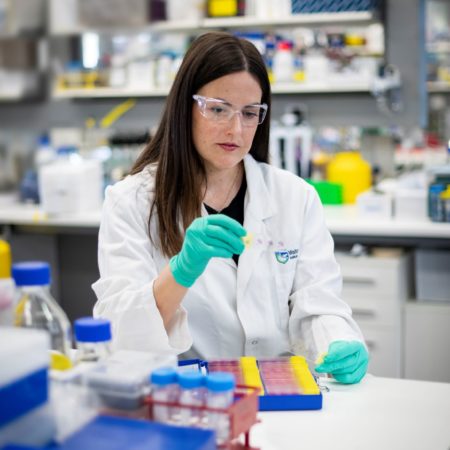
Dr Clare Weeden
Deep profiling of lung cancer, metastasis and the immune system to identify novel therapeutic targets
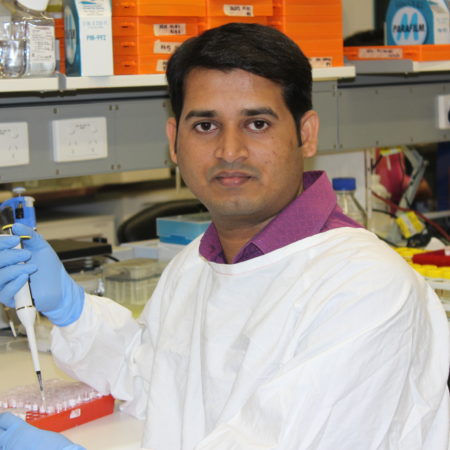
Dr Atiqur Rahman
Elucidating and targeting genomic and epigenetic changes in the development and progression of lung cancer
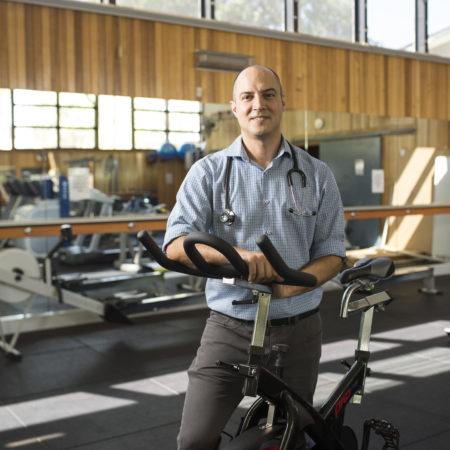
Dr Christian Osadnik
Towards tailored rehabilitation for COPD exacerbation phenotypes: looking back for the future

Jade Jaffar
Identification of Perfenidone – responsive patients with IDF by high-throughput in-vitro screening
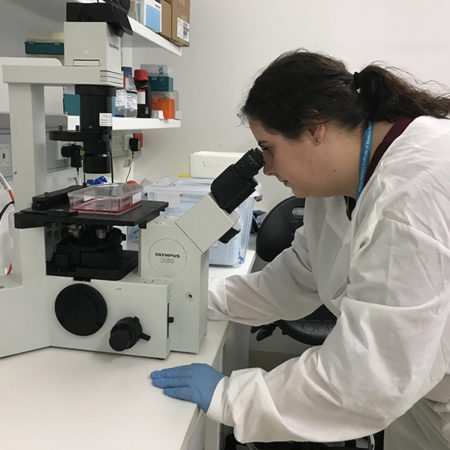
Tylah Miles
Immune regulation of Idiopathic Pulmonary Fibrosis
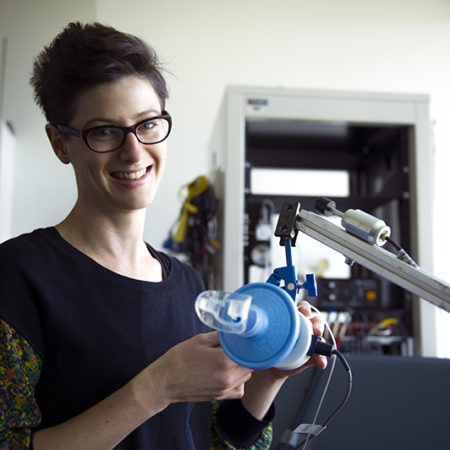
Dr Anna Hudson
Detection of neural impairments in respiratory motor control in Chronic Obstructive Pulmonary Disease
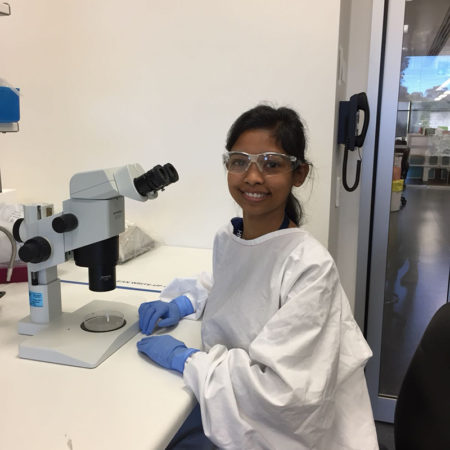
Priyanka Sahu
Elucidating and targeting genomic and epigenetic changes in the development and progression of lung cancer
Was this page helpful?
Good job! Please give your positive feedback
How could we improve this post? Please Help us.